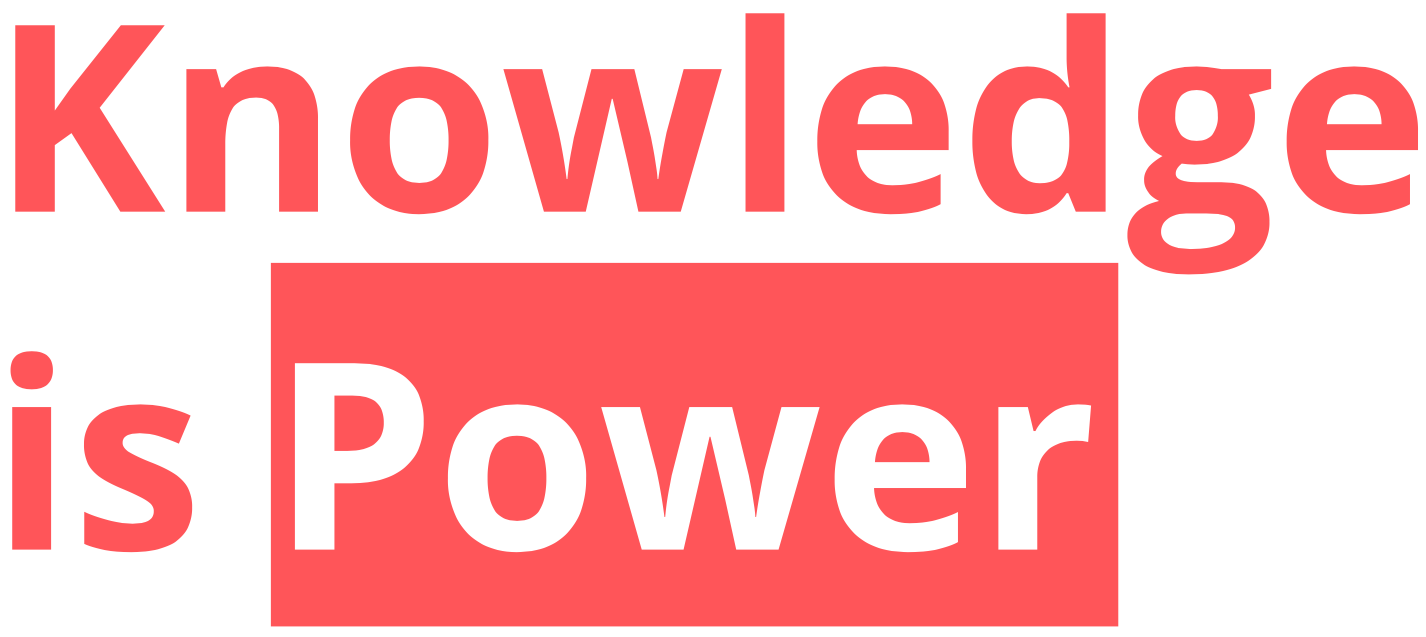Ethics
Introduction
As a researcher you are placed in a position of trust and respect. It is important that at all times you remember this. This prevents abuse of your position and damage to the reputation of research and other researchers.
This guide will take you through the main considerations around ethics, and how to address them.
What are ethics?
Ethics affect every stage of the research
The ethical issues of the research should be considered during the design, the delivery, and the dissemination of the research.
Ethics don’t have to be complex. They involve thinking about the potential impacts that the study may have on the researcher, the research area, the participants and the wider community.
You should consider these impacts right through the research process and take action to address them. This includes before the research begins, during the research and after the research is published.
Anonymity and confidentiality
This is one of the most important aspects of research. All information given to the researcher must be kept confidential and as anonymous as possible. Participant’s details should be stored separately from data, and data coded with a corresponding numbers for additional safety.
See the Knowledge is Power guide to managing data for more detailed information on managing personal and sensitive data in your research.
Furthermore, you will need to protect people’s anonymity when reporting or presenting on your research. In addition to not using people’s real names, you should not provide details about them which might reveal who they are to anyone.
It is important to let people know you will be keeping, and using, information confidentially and anonymously at all times.
You can do this by stating it in your information sheets and consent forms (see below).
Consent
When asking people to take part in research you need them to provide ‘informed consent’. This means that participants taking part in the research are fully aware of what the research involves and what will happen with the information theygive you.
People are free to withdraw from the research at any time. Participation in research is voluntary and participants have the right to refuse to take part. You should make this clear to any participants as part of seeking their consent.
See the example consent form on the right of the page.
Right to know
When speaking to people about the research they have the right to be fully informed about the research about what it means and how they can take part, why you are speaking to them and what will be done with the information.
We have provided the example information sheet on the right.
These are the same things we asked you to think about in the childcare example. A useful way to develop this is to use a Planning Table (below).
Ask permission
It is important that permission is gained in all aspects of the research. For example, if you were carrying out surveying in the local shopping centre it would be good practice to gain permission preferably in writing, if not a key contact person and a note of the conversation you had with them and the details of time and the date this took place in addition to smaller details such as where you are distributing posters or leaflets.
Vulnerable groups
When working with vulnerable groups of people, special permission must be obtained. Strong safeguards should be put in place to protect people and research is only carried out in specific conditions when it is felt appropriate to do so. Negotiating access to such groups is often time-consuming to ensure that the research will be properly conducted.
Use of language
Make sure you use plain language and that the information you provide is accessible for the participants. Allow any individual you are speaking to the opportunity to ask questions or go over anything again as needed.
Find out more
Scotland’s Third Sector Research Forum (TSRF) has produced a guide aimed at researchers working in the third sector to help them know what to do to ensure research participants and researchers are safe during the research process. Community researchers should find many of the bits of advice relevant, as well as the excellent examples which really bring the guide to life!
Read more and download the guide from Evaluation Support Scotland’s website

